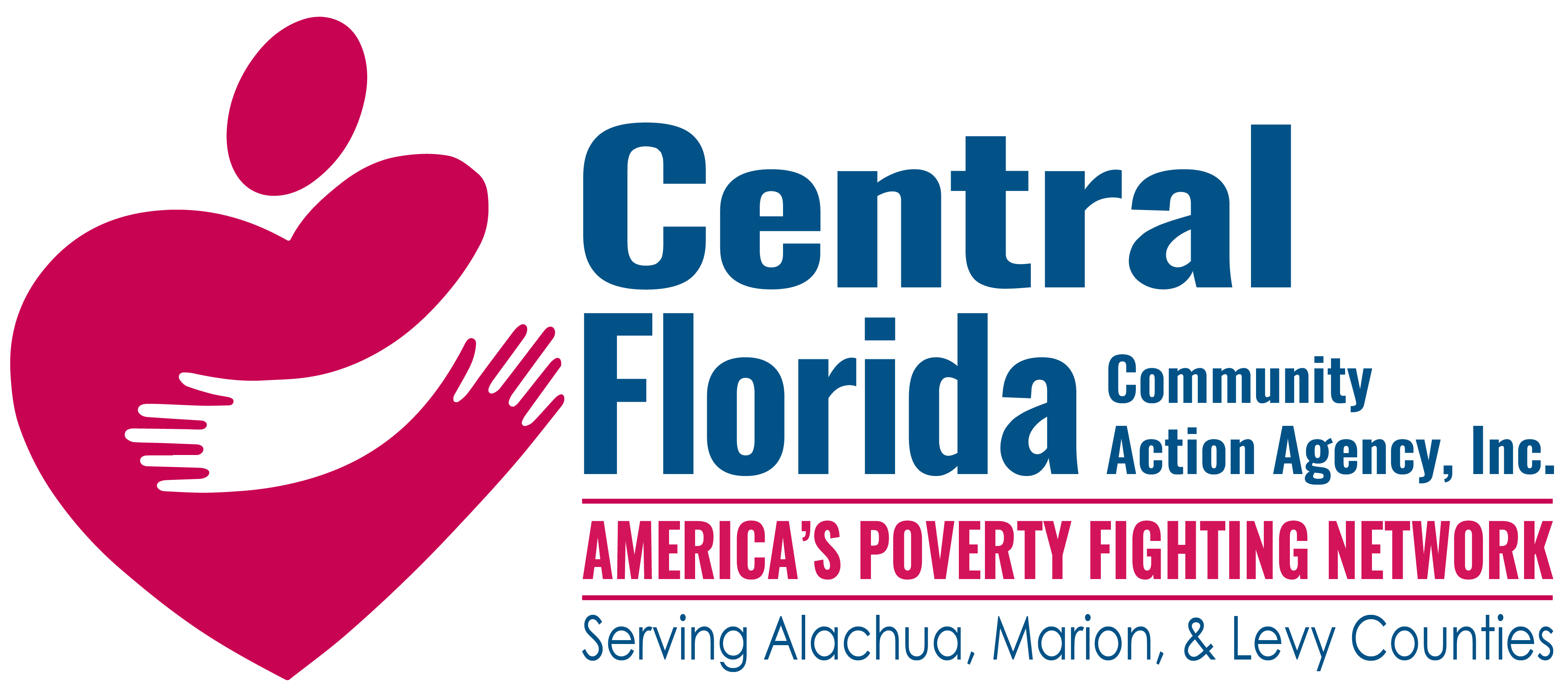If you or someone you care about has just been diagnosed with epilepsy, then this information is for you. You might have questions about what epilepsy is and how it’s treated, or about living with the condition. We hope this information helps to answer
some of those questions. Epilepsy Basics
1. What is epilepsy? What is a seizure?
Epilepsy, which is sometimes called a seizure disorder, is a disorder of the brain. A person is diagnosed with epilepsy when they have had two or more seizures.
A seizure is a short change in normal brain activity. Seizures are the main sign of epilepsy. Some seizures can look like staring spells.
Other seizures cause a person to fall, shake, and lose awareness of what’s going on around them.
2. How long do seizures usually last?
Usually, a seizure lasts from a few seconds to a few minutes. It depends on the type of seizure.
3. What are the major types of seizures?
Sometimes it is hard to tell when a person is having a seizure. A person having a seizure may seem confused or look like they are staring at something that isn’t there. Other seizures can cause a person to fall, shake, and become unaware of what’s going on around them.
Seizures are classified into two groups.
Generalized seizures affect both sides of the brain.
Focal seizures affect just one area of the brain. These seizures are also called partial seizures.
A person with epilepsy can have more than one kind of seizure.
4. If I have a seizure, does that mean I have epilepsy?
Not always. Seizures can also happen because of other medical problems. These problems include:
5. What causes epilepsy?
Epilepsy can be caused by different conditions that affect a person’s brain. Some known causes include:
However, for 2 out of 3 people, the cause of epilepsy is unknown. This type of
epilepsy is called cryptogenic or idiopathic.
6. Is epilepsy common?
Epilepsy is one of the most common conditions affecting the brain.
7. How is epilepsy treated?
There are many things a provider and person with epilepsy can do to stop or lessen seizures. The most common treatments for epilepsy are:
8. Who treats epilepsy?
Many kinds of health providers treat people with epilepsy. Primary care providers such as family physicians, pediatricians, and nurse practitioners are often the first people to see a person with epilepsy who has new seizures. These providers may make the diagnosis of epilepsy or they may talk with a neurologist or epileptologist.
A neurologist is a doctor who specializes in the brain and nervous system. An epileptologist is a neurologist who specializes in epilepsy. When problems occur
such as seizures or side effects of medicine, the primary health provider may send
9. What can I do to manage my epilepsy?
Self-management is what you do to take care of yourself. You can learn how to manage seizures and keep an active and full life. Begin with these tips:
10. Can a person die from epilepsy?
Most people with epilepsy live a full life. However, the risk of early death is higher for some. We know that the best possible seizure control and living safely can reduce the risk of epilepsy-related death.
Factors that increase the risk of early death include:
Rarely, people with epilepsy can experience sudden unexpected death in epilepsy (SUDEP). SUDEP is not well understood and experts don’t know what
causes it, but they suspect that it is sometimes due to a change in heart beats (rhythm) during a seizure. Sudden death due to heart rhythm changes also
happens in people who do not have seizures. The risk of sudden death is larger for people with major uncontrolled seizures.
11. If I have epilepsy, can I still drive a car?
Most states and the District of Columbia will not issue a driver’s license to someone with epilepsy unless that person provides documentation that he or she
has not had a seizure for a specific amount of time. The seizure-free period ranges from a few months to over a year, depending on the state. https://www.flrules.org/gateway/ruleNo.asp?id=15A-5.0044
12. If I have epilepsy, can I exercise and play sports?
Sometimes people with epilepsy worry that exercise or sports may worsen their seizures. Exercise is rarely a “trigger” for seizure activity. In fact, regular exercise may improve seizure control. Safely playing sports can also be great for your physical, mental, and emotional well-being. It is always important to avoid sports-related injuries that can increase the risk of seizures.
Source: Center for Disease Control and Prevention https://www.cdc.gov/epilepsy/about/faq.htm







































© 2024 Epilepsy. All Rights Reserved